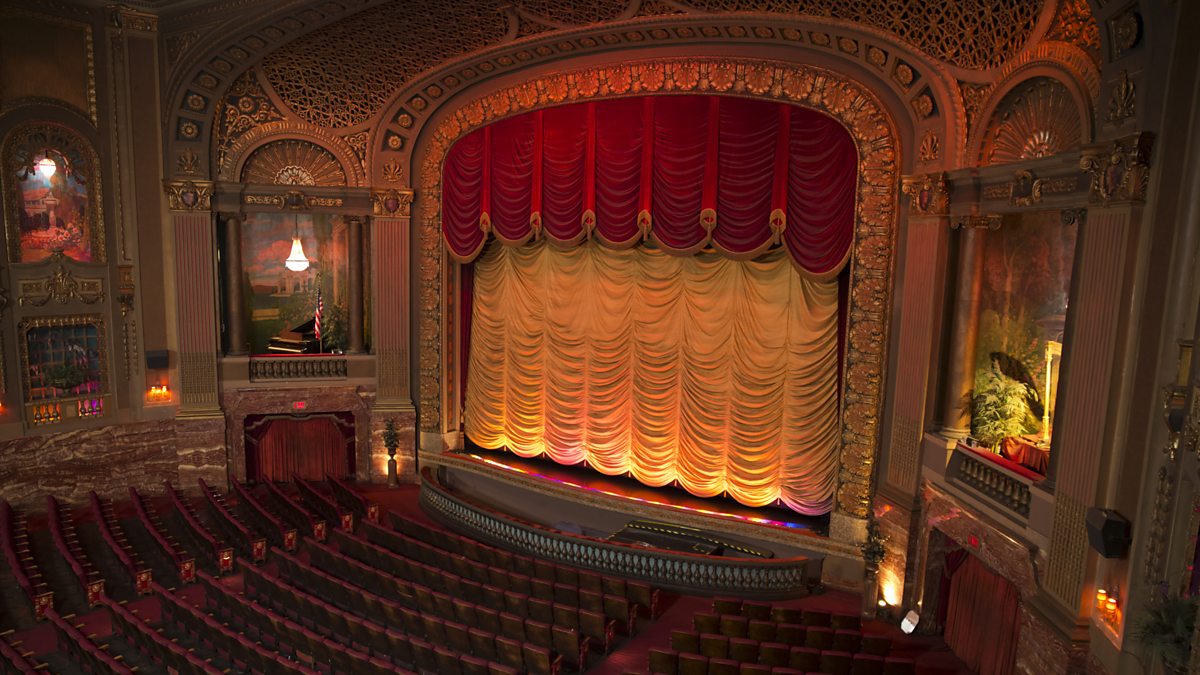I own highly regarded complete recordings of Rinaldo, Saul, Xerxesl and Theodora.
I don't think I've ever made it to the end of any of them.
I find Handel's operas crushingly dull, wholly lacking in eve the semblance of dramatic tension, cold, impersonal and generally unlistenable.
I know that, being 'opera seria', they aren't opera in the sense that we have come to understand the term.
Is there some alternative approach to listening to these things that will bring them alive for me, I wonder?
I don't think I've ever made it to the end of any of them.
I find Handel's operas crushingly dull, wholly lacking in eve the semblance of dramatic tension, cold, impersonal and generally unlistenable.
I know that, being 'opera seria', they aren't opera in the sense that we have come to understand the term.
Is there some alternative approach to listening to these things that will bring them alive for me, I wonder?




Comment